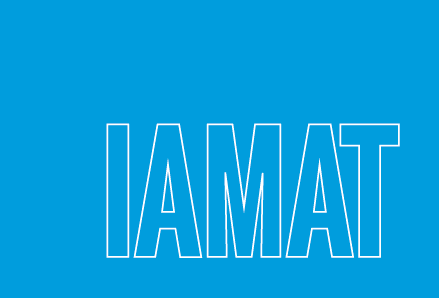Measles continues to be a threat all over the world, even making resurgences close to home. During the last decade we have seen measles outbreaks in places where this disease is considered a rare occurrence. The most recent cases were reported in Vancouver, British Columbia, and San Francisco and Amador Counties in California. Two factors explain the resurgence of measles in our communities: International travel and lack of immunization. The cases in Vancouver show that people who contracted the infection were not vaccinated or did not follow-up with the second dose required for effective protection. Add travel to the mix and you have the recipe for spreading this highly contagious disease. Here at home, even if you are not ...



